Injection Leveling Timing Guide
Injection levelings are a critical process in ensuring uniformity and precision in various manufacturing and construction applications. Proper timing of these procedures can significantly impact the effectiveness and longevity of the finished product. Understanding when to perform injection levelings helps optimize results and reduce potential issues such as uneven surfaces or structural weaknesses.
Performing injection levelings before construction ensures a stable foundation and prevents future settling issues.
Post-construction injections address existing unevenness and are essential for repairs and renovations.
Optimal times are during mild weather conditions to avoid temperature-related expansion or contraction effects.
Timing depends on the materials used; certain substances require specific environmental conditions for effective leveling.
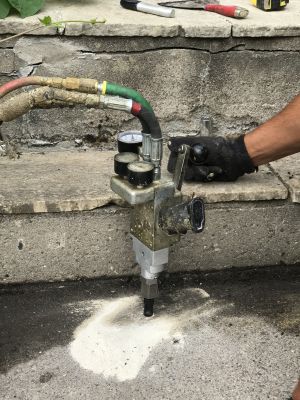
Ways to make Injection Levelings work in tight or awkward layouts.
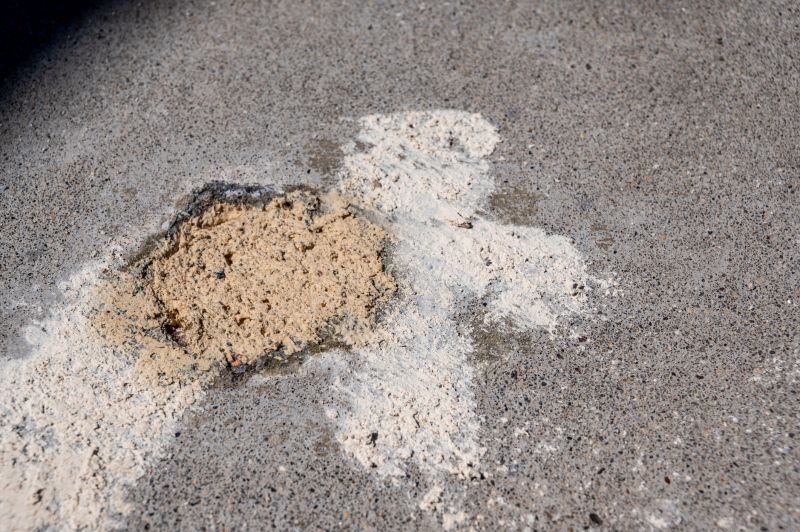
Popular materials for Injection Levelings and why they hold up over time.
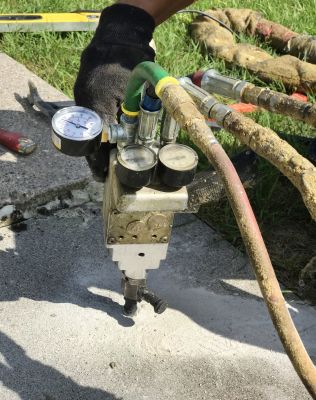
Simple add-ons that improve Injection Levelings without blowing the budget.
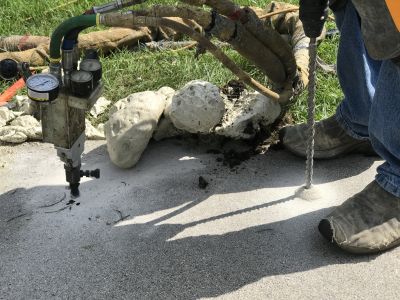
High-end options that actually feel worth it for Injection Levelings.
| Timing Aspect | Details |
|---|---|
| Pre-Construction | Ideal for new builds to ensure a stable foundation. |
| Post-Construction | Addresses existing unevenness and foundation settling. |
| Spring and Fall | Preferred seasons due to moderate temperatures and humidity. |
| Dry Weather | Ensures proper curing and adhesion of materials. |
| Before Heavy Use | Timing before significant load application prevents future issues. |
| During Mild Temperatures | Avoids thermal expansion and contraction problems. |
Injection levelings involve injecting materials into specific areas to correct surface irregularities or structural inconsistencies. They are used in various fields, including construction, manufacturing, and infrastructure maintenance. The process requires careful consideration of timing to achieve optimal results, reduce downtime, and enhance durability. Proper scheduling aligns with environmental conditions, project phases, and material properties, making injection levelings a versatile and essential technique.
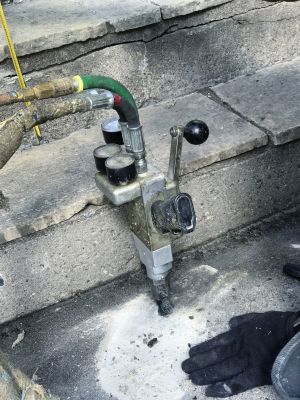
Finishes and colors that play nicely with Injection Levelings.
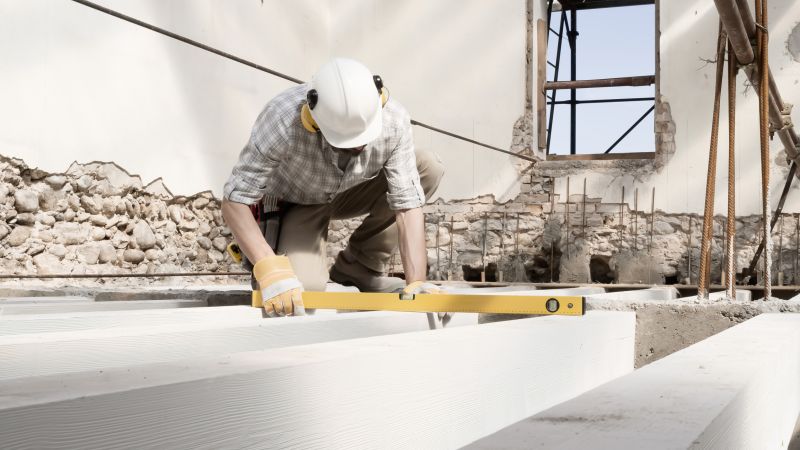
Little measurements that prevent headaches on Injection Levelings day.
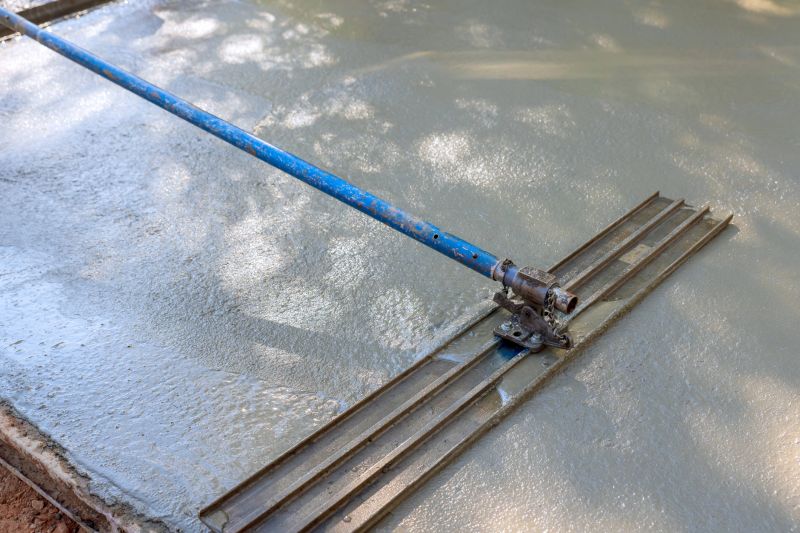
A 60-second routine that keeps Injection Levelings looking new.
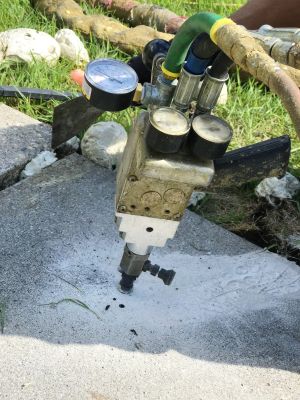
A frequent mistake in Injection Levelings and how to dodge it.
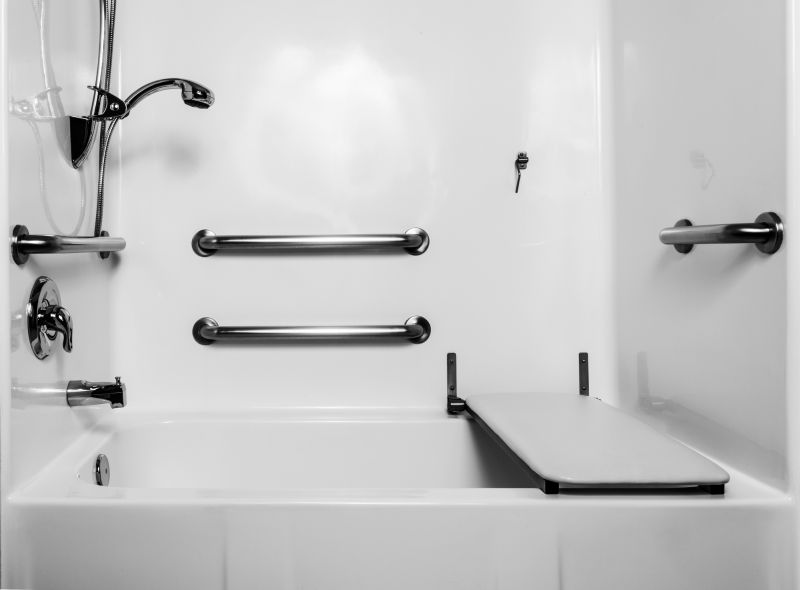
Small tweaks to make Injection Levelings safer and easier to use.
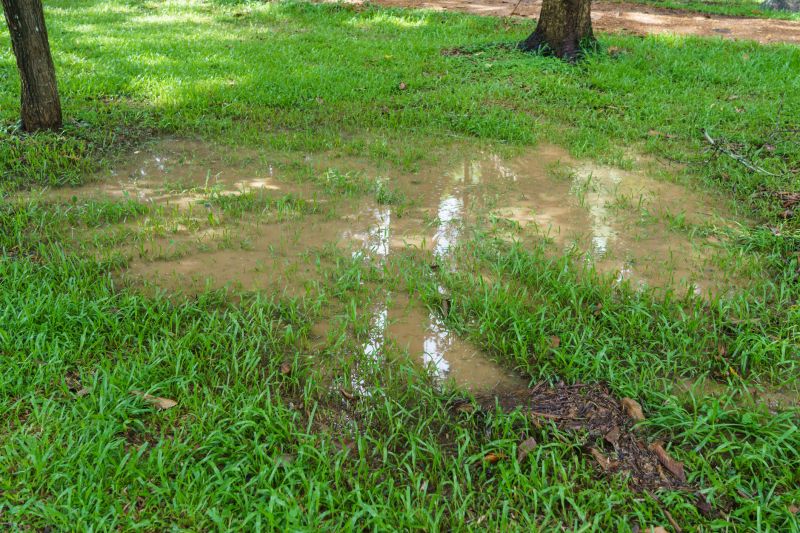
Lower-waste or water-saving choices for Injection Levelings.
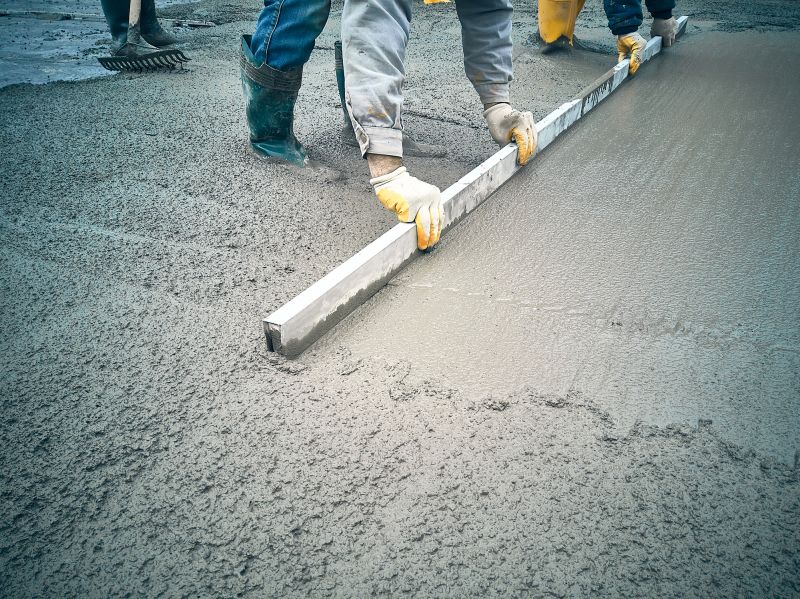
The short, realistic tool list for quality Injection Levelings.
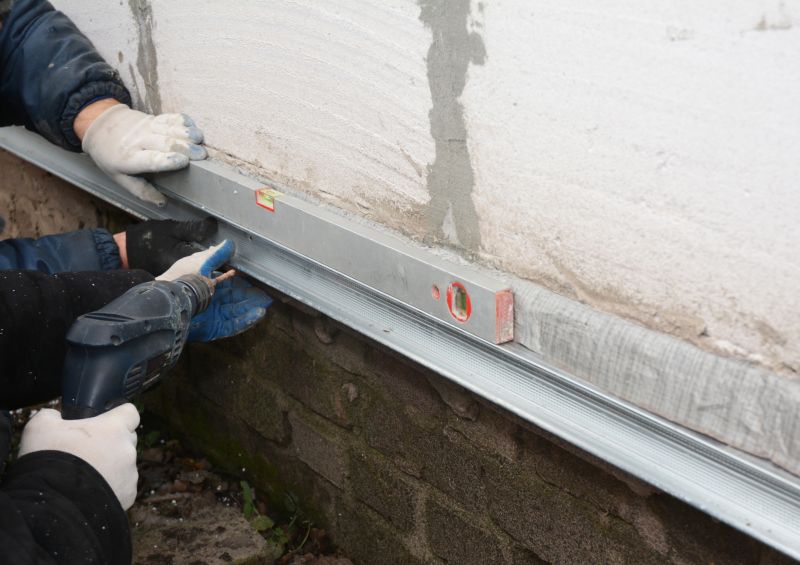
Rough timing from prep to clean-up for Injection Levelings.
Choosing the right time for injection levelings can prevent costly repairs and improve surface quality. Factors such as weather conditions, project timeline, and material compatibility should guide scheduling decisions. Properly timed injections contribute to structural integrity and surface smoothness, ensuring long-term performance.
